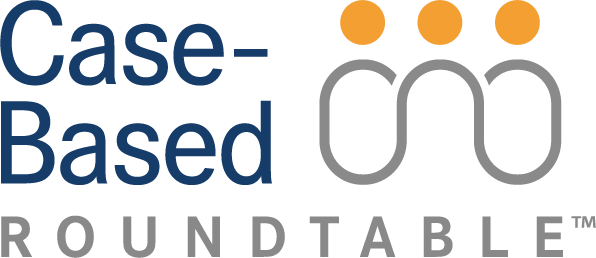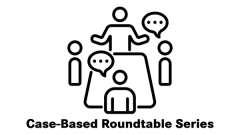
Repotrectinib Shows Improvement Over First-Generation TKIs in ROS1+ NSCLC

Firas B. Badin, MD, discusses the improvements seen with repotrectinib compared with first-generation ROS1-targeting tyrosine kinase inhibitors for patients with advanced ROS1-positive non–small cell lung cancer.
Episodes in this series

Firas B. Badin, MD, the medical director of oncology research at the Baptist Health Medical Group in Lexington, Kentucky, discusses how repotrectinib (Augtyro) has performed better than first-generation tyrosine kinase inhibitors (TKIs) in patients with locally advanced or metastatic ROS1-positive non–small cell lung cancer (NSCLC).
The first generation of TKIs inhibiting ROS1 in patients with advanced NSCLC included the 2 FDA approved therapies crizotinib (Xalkori) and entrectinib (Rozlytrek), which showed high response rates for these patients—approximately 65%, according to Badin—but were not durable enough. For example, in the STARTRK-2 trial (NCT02568267), which led to the approval of entrectinib for patients with ROS1-postive NSCLC, the overall response rate was 78% (95% CI, 65%-89%) and 55% of patients on the trial had a duration of response (DOR) of 12 months or longer.
In comparison, results from the TRIDENT-1 study (NCT03093116), which led to the approval of repotrectinib, showed that patients who were TKI-naïve given repotrectinib had a confirmed objective response rate of 79% (95% CI, 68%-88%) compared with 38% (95% CI, 25%-52%) for the patients given a prior ROS1 TKI. The median DOR in the TKI-naïve cohort was 34.1 months (95% CI, 25.6–not evaluable [NE]) compared with 14.8 months (95% CI, 7.6–NE) in the prior ROS1 TKI cohort.
Badin also discusses how use of the first-generation ROS1 TKIs led to resistance mutations in these patients, and that repotrectinib’s mechanism of action is meant to overcome those TKI resistance mutations. Further, limited penetration of the central nervous system (CNS) was seen with the first generation of TKIs for patients who had CNS involvement. Patients with CNS involvement had durable responses with repotrectinib. Badin says these responses are signaling this next-generation TKI could be considered best in class.
TRANSCRIPTION:
0:08 | Repotrectinib is not the first FDA-approved therapy for ROS1-[positive] patients. We had the first-generation ROS1 inhibitors like crizotinib and entrectinib, which really had a great response rate [at the time], I think more than 65%. The problem with first generation was actually 2 issues, 1 being the durability of response and [secondly] more than half of those patients who progressed on first-generation TKIs had CNS involvement, which speaks for the limited CNS penetration [with those drugs].
0:41 | What's different about repotrectinib, what makes it more appealing or possibly a best in class, is actually the way the drug has been restructured or designed to overcome some of the acquired resistance mutations, which translates into a better durability of response. Also, it had excellent CNS penetration, as we've seen now with the TRIDENT-1 study.





















